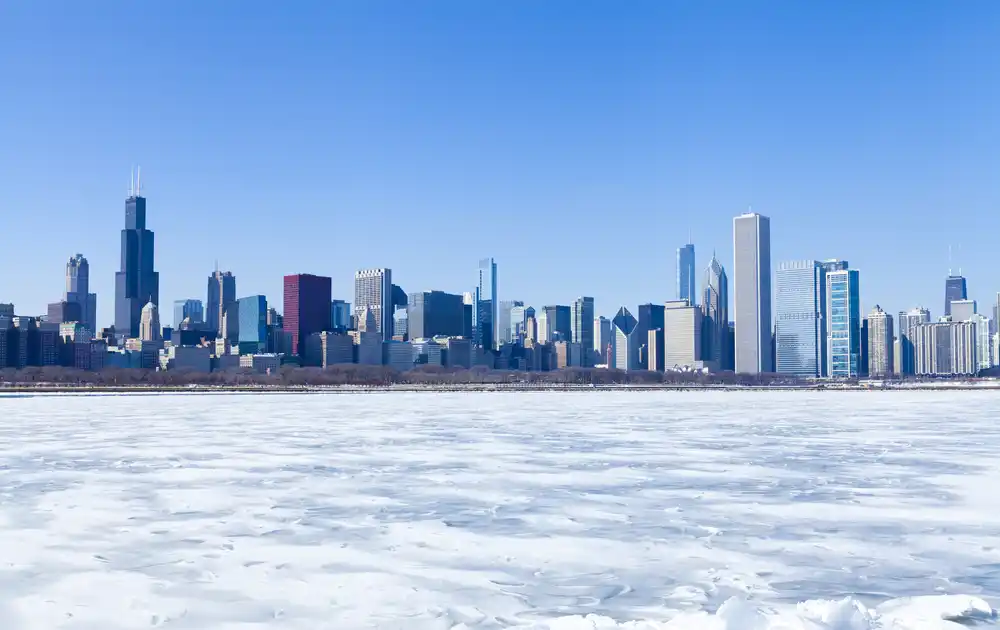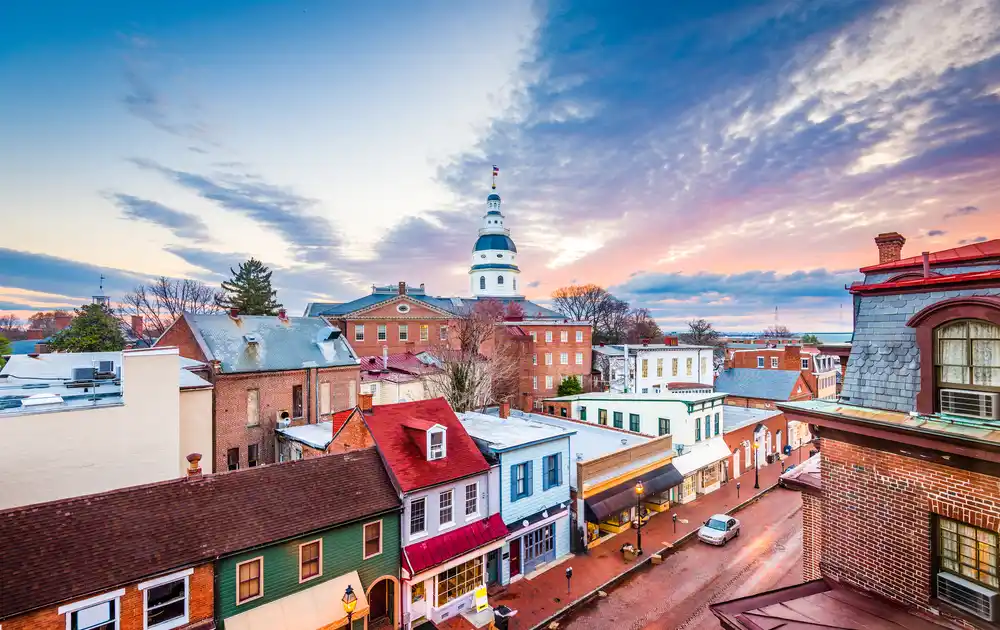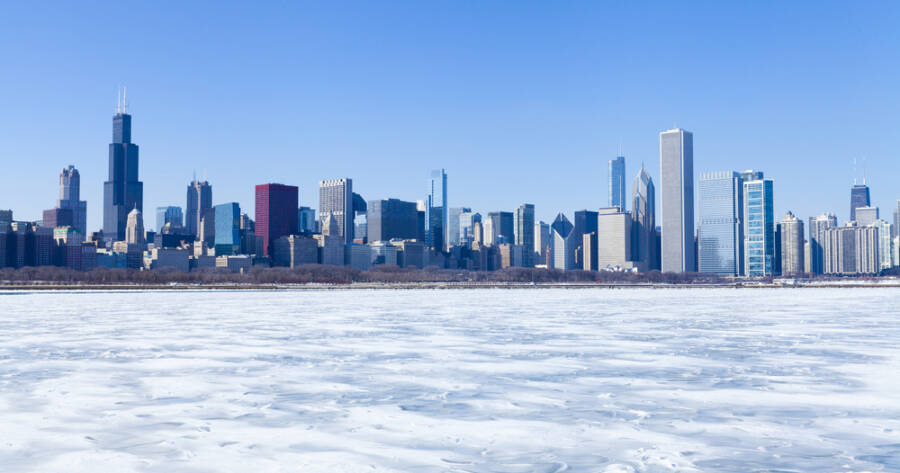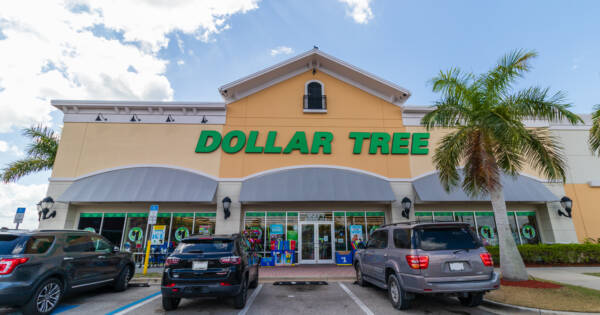- If you’re considering moving to a new state to spend your retirement, then there are several factors you’ll want to consider.
- Since many seniors live on a fixed income, consider the cost of living and taxes. For instance, some states tax retirement income.
- Of course, you’ll also want to consider factors beyond the cost of living, including the weather and recreational activities.
As you plan for your golden years, deciding where to retire can be as significant as deciding when to retire. For instance, where you live determines more than simply the weather. It also determines how much you’ll pay in taxes and the cost of everything from groceries to health care.
Since finding the right place to retire is such an important decision, it’s worth considering your options. With this in mind, here are 12 states to avoid retiring in this year.
Washington
The Evergreen State offers gorgeous scenery and plenty for outdoorsy seniors to appreciate. There are hiking trails, parks, lakes, and mountains across the state. However, as many seniors grow older, they find they aren’t quite as sprightly as they once were. So, it’s a good idea to keep in mind the cost of in-home care services.
According to The Washington Post, the median monthly cost for home health aide services is $5,815 in Washington state. That makes it tied with Minnesota as the most expensive state for in-home care. Housing itself is also expensive. You might think pricey real estate is limited to the Seattle area, but prices have soared in Eastern Washington. The New York Times says home prices jumped 60% in Spokane in the past few years.
 Shutterstock
ShutterstockCalifornia
Sure, California’s sunny, warm climate might catch your attention. However, retirees can stretch their money further in other states. CNBC says it’s the third most expensive state to live in. For one thing, California has the highest gas tax in the country, according to the American Petroleum Institute (API).
Plus, the cost of housing is expensive — Zillow says the typical home value is $762,245 — and even groceries are pricey in the Golden State. For example, milk costs about 50% more in California than in Arizona, according to CNBC. Beyond the expense, Californians also contend with wildfires, earthquakes, and drought.
 Shutterstock
ShutterstockNew York
On the one hand, New York can be an exciting place to live. There are theaters, museums, and restaurants all over NYC. But on the other hand, it lives up to its reputation as unaffordable. The cost of living is even high upstate. As a matter of fact, CNBC says New York’s the second most expensive state to live in, behind only Hawaii.
According to the source, the average home price in Manhattan is $2.2 million — “more than ten times the price in Brownsville, Texas.” And even if you move upstate to Albany, the source says home prices are about twice as high as in Brownsville. Plus, Retirement Living says health care services may require a long drive in upstate New York.
Oregon
Heading back to the Pacific Northwest, Oregon is another state known for its beautiful scenery. The Beaver State has a picturesque coastline and dense forests. However, the cost of living is high. CNBC ranks it the fourth most expensive state to live in. For instance, Zillow says the typical home value is $511,447.
Taxes are another key point to consider. Unfortunately, Oregon has one the highest top state income tax rates in the country, according to Kiplinger. And to make matters worse, the source says that Oregon “taxes most retirement income at its top tax rate of 9.9%.”
 Shutterstock
ShutterstockNew Mexico
New Mexico may be the Land of Enchantment, but there are several reasons retirees may find other states more charming. For instance, Retirement Living says New Mexico taxes Social Security benefits and other retirement income. Also, it may concern seniors that the state has the highest crime rate in the country, according to 24/7 Wall St.
And while New Mexico’s mountainous landscape is majestic, its high altitude may be a challenge for some seniors. If you aren’t used to living at a high altitude, then WebMD says you may experience altitude sickness when you first move there.
 Shutterstock
ShutterstockIllinois
Even though AARP says the Prairie State doesn’t tax 401(k), IRA, or pension payments, Illinois is another state with tax concerns. In fact, WalletHub says Illinois has the highest tax rate in the country. The source says the typical Illinois household pays nearly 40% more in state and local taxes than the national average.
And that’s not to mention the winters. Take Chicago, for example. Not only does the Windy City experience frigid winds thanks to its proximity to Lake Michigan, but Business Insider says it also gets an average snowfall of 36.7 inches. So, snowbirds may want to move somewhere else.
 Shutterstock
ShutterstockAlaska
Behind only Utah, Alaska is the state with the second-lowest percentage of seniors, according to the U.S. Census Bureau. Perhaps the long, cold winters have something to do with that. Travel Alaska says winter lasts from October through March, and “temperatures may dip below -30°F” in parts of the state.
Additionally, 24/7 Wall St. says Alaska has the second-highest crime rate in the country. And the state’s relatively remote location means visiting friends and family will likely involve a long plane ride. The distant location also means Alaskans contend with higher prices and limited selection at grocery stores, according to Eat This, Not That!
 Shutterstock
ShutterstockLouisiana
According to the United Health Foundation, Louisiana is in the bottom five states for senior health care. The source says one of the reasons is the “low percentage of four- and five-star nursing home beds.” And based on factors such as cost, access, and outcomes, WalletHub ranks Louisiana’s health care system third to last in the country.
It’s also worth mentioning the state’s crime rate, which 24/7 Wall St. says is the third-highest in the country. And while the state has mild winters going for it, Weather Spark says that “summers are long, hot, and oppressive.” The comfort level is muggy, oppressive, or miserable for nearly six months of the year, according to the source.
 Shutterstock
ShutterstockRhode Island
Rhode Island may be a small state, but Retirement Living says retirees can expect some big expenses if they move there. The source says retirees should not only consider Rhode Island’s expensive senior living services but also its significant estate tax. According to Kiplinger, it’s one of only three states with an estate tax exemption amount under $2 million.
As SmartAsset puts it, “Rhode Island is not tax-friendly toward retirees.” The source says the Ocean State taxes most retirement income, and unlike many states, “even Social Security retirement benefits are taxable.” Plus, the source says Rhode Island’s sales tax is slightly higher than the national average.
 Shutterstock
ShutterstockNew Jersey
Like New York, CNBC says New Jersey is one of the 10 most expensive states to live in. While the source notes that home prices might seem like a good deal compared to prices in New York City, that impression changes as you compare the New Jersey real estate market to much of the rest of the country.
According to CNBC, “A four-bedroom house in Bergen County will cost more than three times what it would cost in Kalamazoo, Michigan.” Besides the Garden State’s unaffordability, WalletHub ranks New Jersey in last place for retire-ability because the state underperforms in health care and overall quality of life.
 Shutterstock
ShutterstockMaryland
On the positive side, Maryland has a rich history — Baltimore is one of the oldest cities in the nation — and the state’s called America in Miniature because of its wide array of terrains. You’ll find beaches, rolling mountains, farmland, and forests packed into the small state.
However, Maryland doesn’t fare very well on the cost of living and taxes. CNBC says to expect some sticker shock because it says Maryland is the seventh most expensive state to live in. And according to Kiplinger, income taxes “can be high for retirees” in the Old Line State.
 Shutterstock
ShutterstockMaine
On the one hand, Maine is home to many seniors. In fact, one in five people in Maine is 65 years or older, according to the U.S. Census Bureau. So, retirees may appreciate how many residents are in their age group. But the Pine Tree State has two knocks against it for seniors: the state’s cost of living and winter weather.
For one thing, Kiplinger says Maine’s property taxes are above the national average by more than $200. Plus, the source points out that Maine has an estate tax. And then there are the cold, snowy winters to consider. The Maine Tourism Association says the average annual snowfall ranges from 50 to 110 inches, depending on the part of the state.
 Shutterstock
Shutterstock








